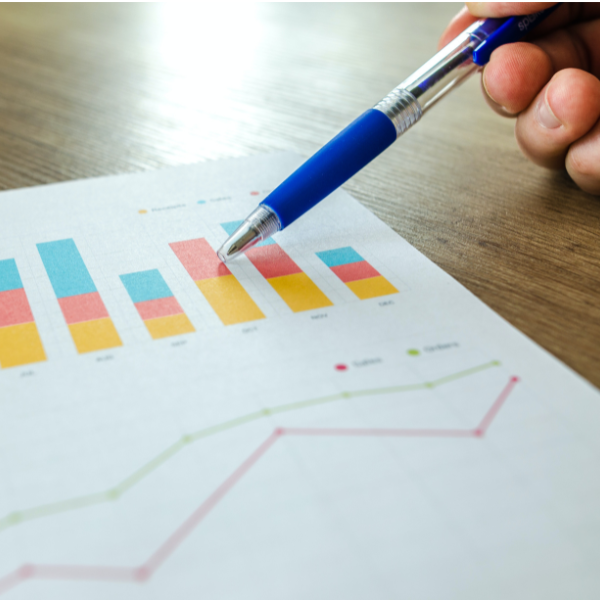SBC, Deloitte and Toitū Tahua: the Centre for Sustainable Finance recently released the results of the 2022 CFO Sustainability Snapshot Survey. Off the back of this, Geoff Bennett, Director and CEO of CarbonEES, got in touch to share his thoughts on some of the key findings with the SBC team.
Q: What were your thoughts when reading the results of the 2022 CFO Sustainability Snapshot Survey?
A: I was surprised to read that the results from 2022 were largely similar to 2021, given how much the social, economic and sustainability landscape had changed over the past twelve months. I was also surprised to read that one of the top two barriers identified was the difficulty in measuring the return on investment (ROI), given that tools exist specifically aimed at addressing this.
Q: Can you tell us more about these tools?
A: Well one of them, e-Calc™, is something we developed at CarbonEES®. It’s based on the same rigor as is used by the International Performance Measurement and Verification Protocol (IPMVP), has twenty-three specific categories where an organisation can take sustainable actions and be able to first simulate the impact, and then measure the actual results when implemented.
Some of these categories include actions such as converting a vehicle fleet from internal combustion engines to electric and even green hydrogen – factors such as capital costs, use of money, maintenance costs, access to charging facilities, fuel costs, road user charges are all considered. Other categories include lifecycle procurement benefits, improved working condition benefits, improved health & safety workplace benefits and supply chain management benefits.
The ROI payback in the number of years for each action is provided, along with the reductions in GHG emissions, savings or avoided costs in dollars, and where pertinent, reductions in energy consumed.
Q: How have you seen this tool benefit CFOs and wider organisations?
A: We’ve seen that companies that introduce a sustainability strategy throughout their supply chain generally see a boost in their financial performance — but those that don’t fully commit to the strategy can actually see a decline in revenue. A recent study revealed firms that integrate sustainable supply chain management, including social and environmental measures, generally see “marked upgrades” in their fiscal returns. However, to see the improvements companies must be patient as the positive effects can have a time lag of at least two years.
Specific projects can also be simulated ahead of the development of a decarbonisation implementation plan, which means projects or actions that might have the greatest positive impact can be prioritised. Once completed, the project can then be tracked using real data to assess how well the project is performing against what had been simulated, providing the user with a qualified and quantified ROI.
Q: Any final thoughts you want to impart on finance hat-wearers?
A: Understanding the risks associated with a rising price on carbon is something that I imagine every CFO would want to know. An assessment against the twenty-three categories in e-Calc™ would go a very long way into providing an appreciation of just where these risks and rewards might exist and their potential ROI. The software can be viewed at https://www.carbonees.com/e-calc or by contacting me at [email protected].

